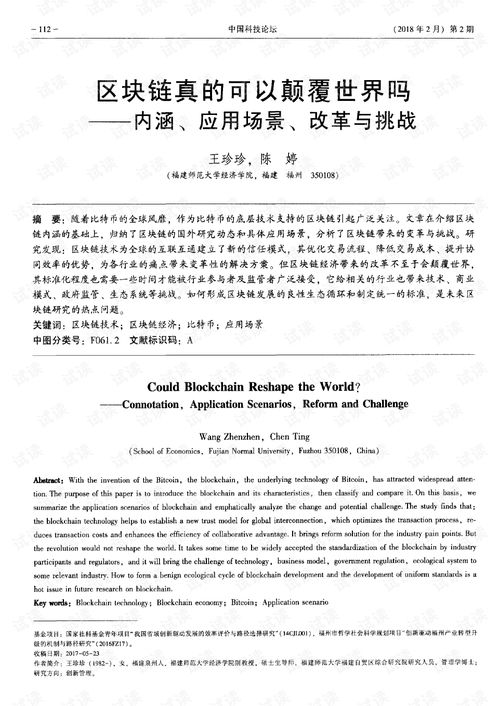Can Blockchain Protect the Earth?
Introduction:
Blockchain technology has gained significant attention in recent years due to its potential to revolutionize various industries. Beyond its benefits in finance and supply chain management, blockchain also has the potential to contribute to environmental conservation and protection. In this article, we will explore how blockchain can be used to safeguard the earth and offer suggestions on its implementation.
1. Transparency and Accountability:
Blockchain's decentralized and immutable nature can enhance transparency and accountability in environmental practices. By utilizing blockchain, stakeholders can track and verify the origin, impact, and sustainability of products and resources. For example, in the food industry, blockchain can ensure the traceability of ingredients, thus enabling consumers to choose ecofriendly and sustainable options. Similarly, in the energy sector, blockchain can provide a transparent record of the generation, distribution, and consumption of renewable energy, promoting clean and efficient practices.
2. Sustainable Supply Chains:
Ensuring sustainability throughout the supply chain is crucial for protecting the earth. Blockchain can play a significant role in achieving this goal by enabling efficient tracking and monitoring of each step in the supply chain. By recording transactions and data on an immutable ledger, blockchain can help identify inefficiencies, reduce waste, and prevent illegal practices such as deforestation and wildlife trafficking. Implementing blockchain in supply chains encourages responsible sourcing, promotes fair trade, and incentivizes environmentally friendly practices.
3. Carbon Footprint Management:
Managing and reducing carbon emissions are essential for combating climate change. Blockchain can contribute to this effort by providing a reliable and transparent platform for monitoring and verifying carbon footprints. By integrating IoT devices and smart contracts, blockchain can automate the collection of emission data from various sources such as factories, transportation, and energy production. This data can then be securely stored and audited, allowing organizations to track their carbon footprint accurately. Furthermore, blockchainbased mechanisms can incentivize companies and individuals to reduce emissions through the use of carbon credits and rewards systems.
4. Climate Finance and Impact Investments:

Blockchain technology can also facilitate climate finance and impact investment, directing capital towards environmentally beneficial projects. Through tokenization and fractional ownership, blockchain enables the democratization of investments, allowing individuals to support and participate in ecofriendly initiatives. Blockchainbased platforms can connect investors with projects such as renewable energy installations, sustainable agriculture, and conservation efforts. By providing transparency and reducing administrative costs, blockchain can unlock new funding streams for environmental projects.
5. Decentralized Energy Grids:
Transitioning to a decentralized and renewable energy grid is important for reducing reliance on fossil fuels and promoting sustainability. Blockchain can facilitate the integration of smart grids by enabling secure and peertopeer energy transactions. Through blockchainbased platforms, individuals and businesses can generate, consume, and trade energy directly, promoting the use of renewable sources and optimizing energy distribution. This decentralized approach reduces energy waste and makes the grid more resilient to disruptions, thus enhancing overall energy sustainability.
Conclusion:
Blockchain technology has the potential to contribute significantly to environmental protection and conservation. By enhancing transparency, accountability, and traceability, blockchain can support sustainable practices across industries. Implementing blockchain in supply chains, carbon footprint management, and impact investing can drive positive environmental change. Furthermore, decentralized energy grids powered by blockchain can accelerate the transition to renewable energy sources. To maximize the benefits of blockchain for the earth, collaboration between governments, industries, and technology experts is crucial.
版权声明:本文为 “联成科技技术有限公司” 原创文章,转载请附上原文出处链接及本声明;

